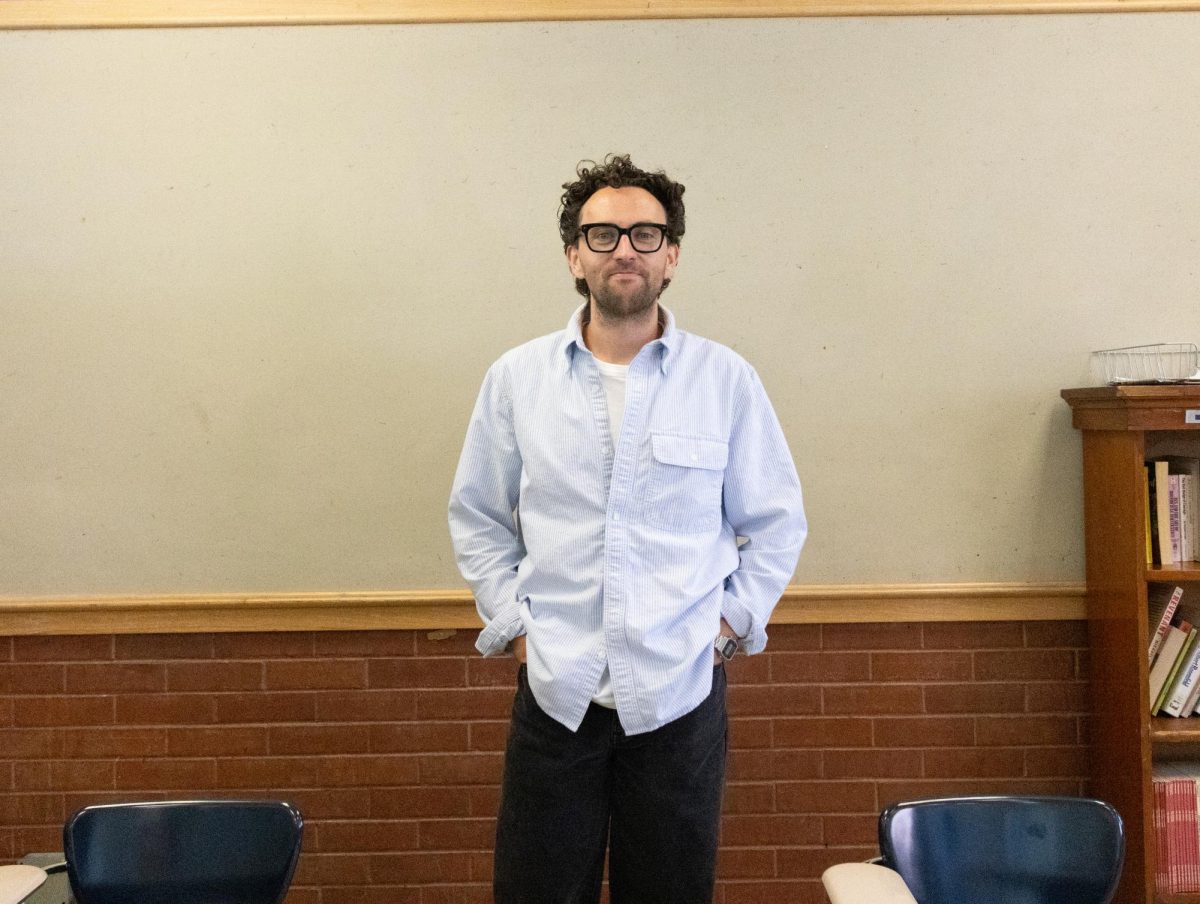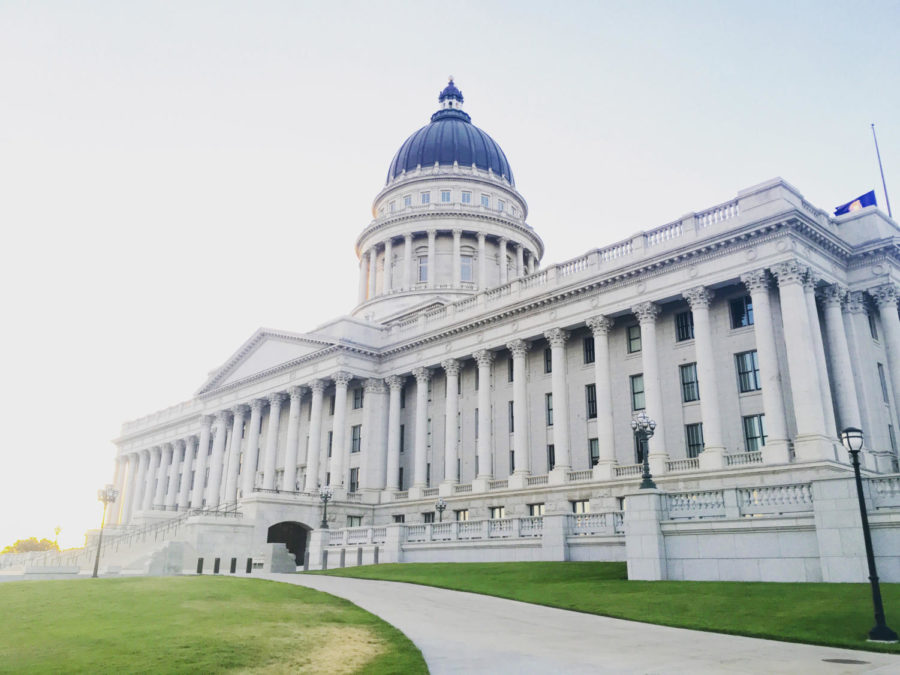Did You Know The Police Can Take Your Money?
February 28, 2018
How would you feel if you had your livelihood taken away from you, and not only would the police not help you get it back, but it was actually the police themselves that took it? It’s something that’s happened to hundreds of people across the country and right here in Utah. Civil asset forfeiture is a law that allows police officers to legally seize a person’s property based on suspicion alone. It came about during the rise of drug abuse in the 1980s, and from the beginning it lead to abuses.
Someone is traveling to another state with an envelope full of money to buy a truck, and is pulled over by a law enforcement officer. The officer being suspicious of the large sum of cash seizes it without arresting the man. What the officer was told but did not believe was that the man was on his way to buy a car which he had active bids on. The officer completely disregards this fact and takes the money. This man is eventually able to get his money back but only after he pays almost all the money he gets back in legal feels and an attorney.
A young man is caught with a bag full of drugs while staying at his grandmother’s house. The police seize the house. The grandmother, the young man, and their whole family is punished greatly for a small offense. They are being thrown into a nearly inescapable financial situation and pursued with unnecessary vigor simply because the police who arrest that man benefits greatly from auctioning off that taken property and keeping that money for the police force.
The reason the police would spend their efforts on seizing property or large sums of cash is because in forfeiture cases, the police agencies could keep the money to fund their activities. This abuse not only harmed individuals who weren’t accused of any crimes, but also police spent more of their efforts trying to seize funds than solve crimes. Law enforcement should be spread equally and not focused on what will earn the police station more money.
Utah is one of the biggest offenders when it comes to this issue, and back in 2000, enough voters were made aware of the abuses that nearly 70% voted in favor of a reform that would make it harder for police officers to keep the money or property they seize. This caused a drastic change. In the year 2000 Utah police agencies received $226,524 from the federal Asset Forfeiture Fund. By 2002 that number dropped to a mere $3,357. Then by 2003 the number was $0.
Alan Dayton, Attorney, former Utah politician, and lobbyist for Intermountain Healthcare, was involved in the original campaign to limit forfeiture abuses in 2000. Being a libertarian he and other forfeiture reform advocates believe that law enforcement should spread its efforts equally and not pursue fundraising more than crime.
“We believe that [Civil Asset Forfeiture] incentivised law enforcement to cut corners and pursue people with unnecessary vigor that they wouldn’t otherwise pursue people with because they are making money.”
In 2004, however, the Utah state legislature watered down the reforms. This caused rapid rise in seizure abuse in Utah. By 2008, Utah police agencies seized $1.5 million. Dayton has a simple explanation for why the legislature overruled the voters:
“The legislature by and large loves cops and law enforcement and they love prosecutors and the legislature was unsympathetic.”
One of the challenges that forfeiture opponents face is widespread ignorance of the abuses. If you asked most Utahns about CAF they would have no idea what you are talking about. This is partially because the victims of forfeiture abuse aren’t powerful people. They may be family members of low-level drug dealers, they may carry cash because they don’t have bank accounts, and the end up under the police spotlight because they’re profiled, racially or otherwise.
When the average citizen is informed of these abuses, however, they are quite surprised that it’s allowed. Highland sophomore Ethan Blume, when introduced to several examples of forfeiture abuse, concluded, “Civil Asset Forfeiture is literally just legal theft.”
“That sounds pretty ridiculous to me. It isn’t right that property can be taken away so easily,” Highland Junior, Emily Bertola said.
While many of the world’s injustices seem too huge and far away for young people to be able to fix, Civil Asset Forfeiture abuse is both close-to-home and easy to prevent. Utah voters already made their voice heard, and state lawmakers quietly reversed the reforms because citizens didn’t hold them accountable. As Alan Dayton said,
“I think the best thing a young person could do is to get engaged in citizen activism. Either through a special interest group or on your own.”
We depend on our government, and especially our police, to help protect us and our property. But citizens must hold government officials and lawmakers accountable.





























